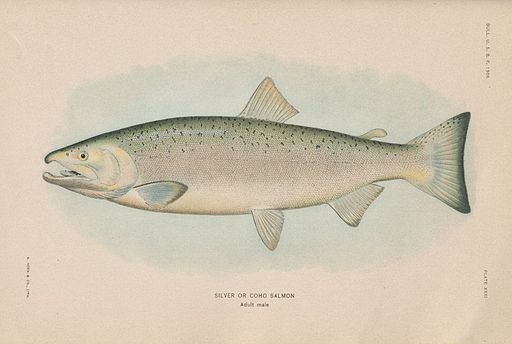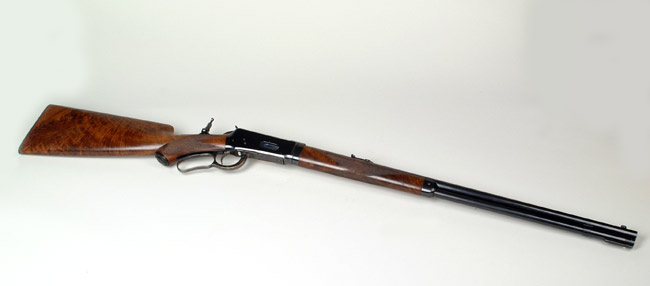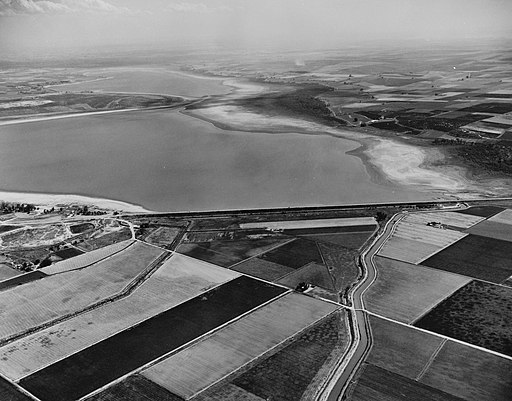{previous}
 |
| via Wikimedia Commons |
1909 The farm was gradually taking shape. Shade
and fruit trees were planted, but had to be watered by water hauled from the
spring or river. I’m not sure when the irrigation system was completed, but I
would suggest it was probably completed in early 1910. A lot of people were now
entering the valley taking up homesteads. {The
Enlarged Homestead Act of 1909 increased the number of acres to 320 per
homesteader in several western states, but not including Idaho. The act
targeted land that was suitable for dry-land farming, and was amended in 1910 to include Idaho.}
There were lots of memories during this period. I think one
of the best was walking from the barn at night with Papa who carried a kerosene
lantern and I would hand onto his fingers. We would stand out in the yard and
listen to the coyotes howl.
Along about this time, there was a family of cougars moved
into a cave under the cap of the butte a mile or so east of our place. They
made quite a racket at night, and needless to say, it scared us little kids
since the animals did roam for food; but, none of our livestock was affected.
Fishing
I must tell this story since it upset our parents very much
and I suppose could have ended in disaster. As I mentioned above, we were not
allowed to go near the river, but there was a small stream about ¼ mile east of
the house that ran down a gulley into the river and it had fish in it. Somehow,
we knew about the fish, so one day, we took a gunnysack and went fishing. We
traveled quite a way north up the gulley all the while catching fish and
putting them in the sack. Of course, we could not be seen from the house, so
our parents started to look in the river.
 |
| By A. Hoen and Co. [Public domain], via Wikimedia Commons |
I guess it must have driven them wild. I have no idea how
long we were gone, but when the sack started to get heavy, we started home,
taking the long way. I just don’t remember what happened when we got home. I
don’t think we were spanked they were so happy that we were safe. I’ll never
forget how pleased I was about catching all those fish. I think it was after
that, that we were allowed to fish in the river, but someone was always with
us. Of course, there was a time as we grew older that we managed somehow to get
into that river, but maybe more on that later. {The Snake River was once one of the
most important rivers for the spawning of anadromous fish—which are born in the
headwaters of rivers, live in the ocean for most of their lives, and return to
the river to spawn—in the United States.
The river supported species including chinook salmon, coho salmon, and sockeye
salmon, as well as steelhead trout, white sturgeon, and Pacific lamprey.(courtesy
Wikipedia)}
I guess things progressed along the same lines for the next
year, or so. Sam Wickham and Ernie Bedford still feuded. Sam beat his wife on a
regular basis. The farm grew, more land cleared and cultivated. There were
horses to work, cows to milk, pigs to take care of. Bill and I had our chores,
mostly me since I was older; like riding the horse when Papa cultivated. The
winters were very cold and the summers very hot.
 |
| via Wikimedia Commons |
My teacher’s name was Miss Slonicker. {Bertha Sloneker, born about 1890 in Colorado, was the daughter of
George and Nellie. Their family lived in Canyon County, Idaho, in 1910. It was
recorded on the census that Bertha was a public school teacher.} She was a
local girl, probably with not much more than an eighth-grade education. Some of
the children were about as old, if not older, as the teacher.
Bill and I had just each other for so long that it was hard
for me to get used to all those older and bigger people, and some of those guys
were pretty rough on the smaller children. Among the older boys, there was
always a fight going on, and it was pretty hard for a young teacher to control
such activity.
The school was one room with two outhouses. Water was
obtained from a well in the yard. Water was kept in a bucket by the door with a
dipper in it, so anyone wanting a drink used the dipper. You can imagine the
results.
To heat the place, a large pot-bellied stove was located
about in the center of the room. Those close to the stove roasted, those at the
outer edges, froze.
I probably should mention here that due to the lack of money,
the school operated three months in 1910; three months in 1911; seven months in
1912; thereafter, nine months; so for the first three years of schooling, we
got 13 months. Long vacations, huh?!
Church
 |
| via Wikimedia Commons |
Sometimes, the services were held in homes. This occurred
especially before the one-room school house was built. These men surely must
have been dedicated. I don’t remember that we ever did have a resident
minister. I believe most of the circuit riders were Presbyterian. I do know
Bill and I were baptized by a Presbyterian minister.
I don’t think it made much difference to most people as long
as they had a church. I remember only one man. His name was Hooper, and he was
young. We like him because he would take us swimming and acted like the rest of
the kids.
~ ~ ~ ~ ~
[I must pause here and reflect. As I continue with this
narrative, more and more incidents keep flooding in so it is hard to keep them
is some sort of order, because things were happening pretty fast and to get
years and facts in the right place in history, but I will try.]
{next}
to be continued ...

















